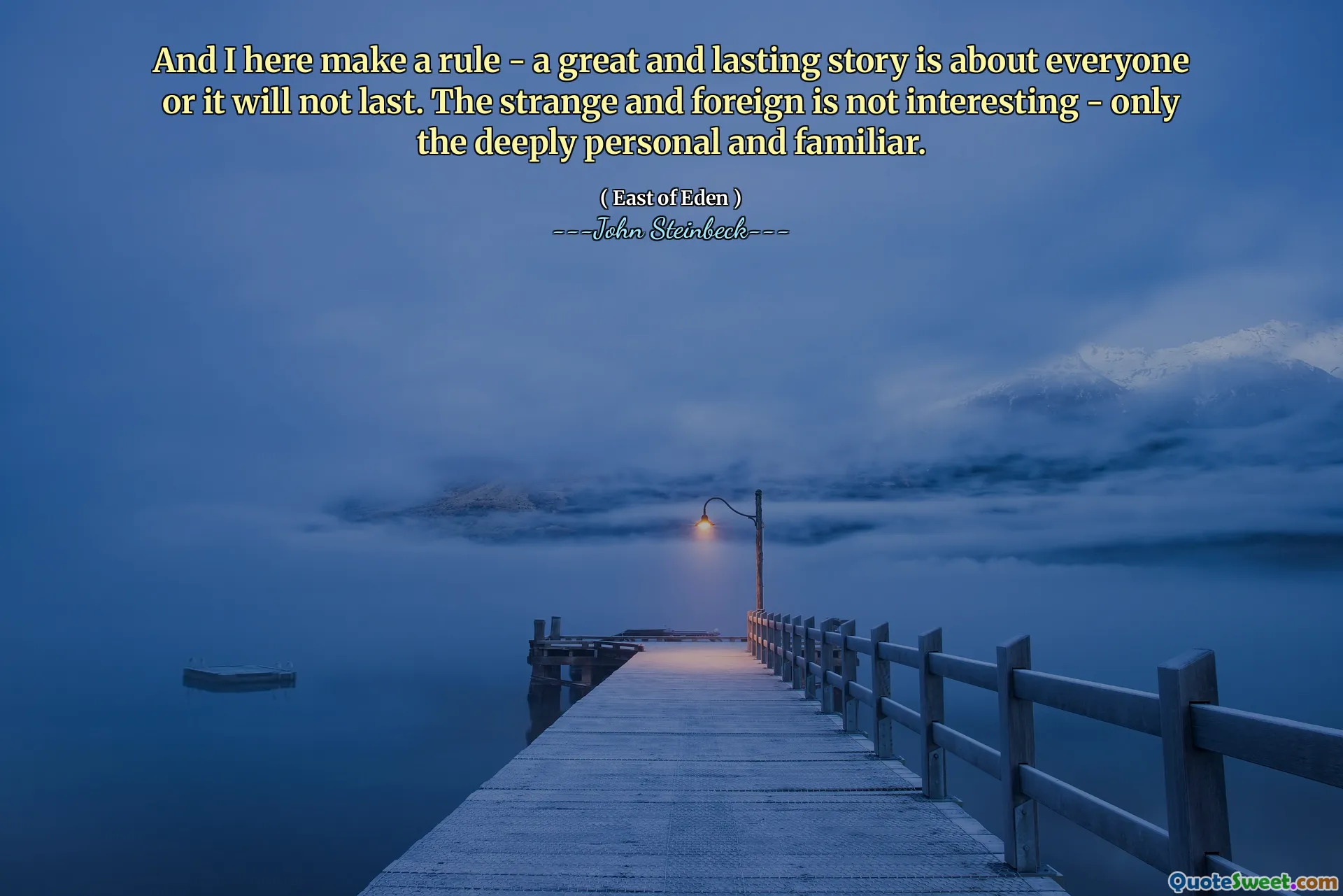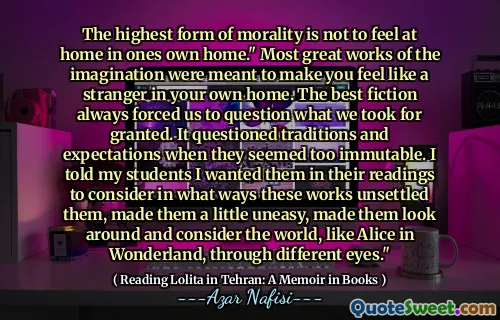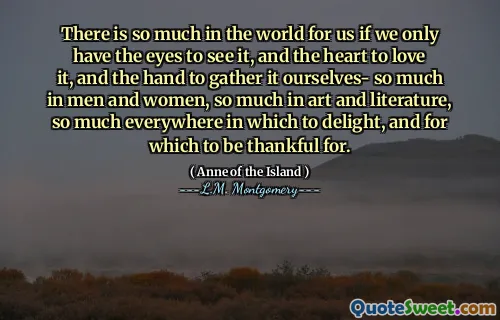
And I here make a rule - a great and lasting story is about everyone or it will not last. The strange and foreign is not interesting - only the deeply personal and familiar.
This quote underscores a fundamental aspect of storytelling: that universal human experiences and personal connections resonate more deeply and endure longer than outsider perspectives or exotic tales. Stories grounded in shared emotions, struggles, and triumphs create a sense of familiarity that fosters empathy and understanding across cultural or temporal divides. When a story encompasses the complexities of everyday life, it invites listeners or readers to see themselves in the narrative, thereby forging a lasting impression. The idea that only the deeply personal and familiar make stories compelling suggests that authenticity is vital, and that stories must speak directly to the human condition to have enduring power. In an age where stories can be fabricated or overly sensationalized, this emphasizes the importance of truth, honesty, and relatability. It also reflects a view that storytelling is a collective reflection of human experience—one that should include everyone and encompass the shared elements that bind us, such as love, fear, hope, and loss. By focusing on universal themes, stories become timeless treasures that can inspire, teach, and comfort generations. The emphasis on familiarity over strangeness reveals an understanding that genuine connection often relies on identifying with the familiar aspects of life. This perspective encourages creators and audiences alike to look inward and draw from personal, lived experiences as sources of meaningful storytelling.






